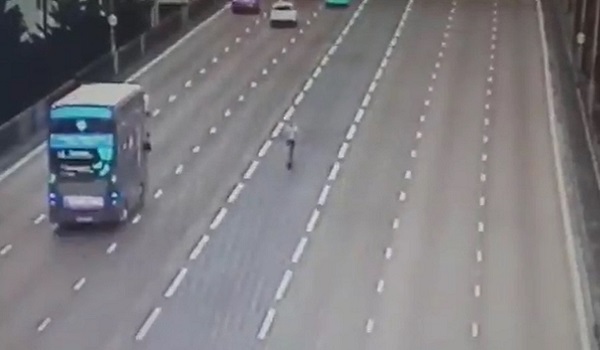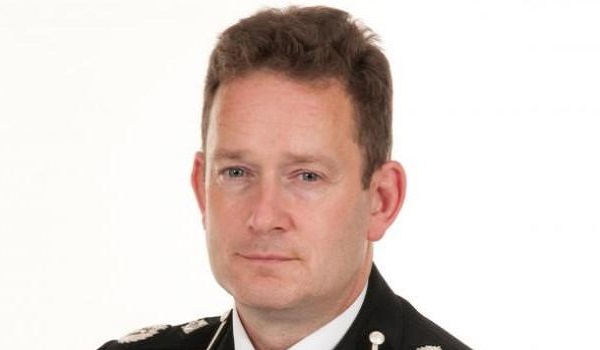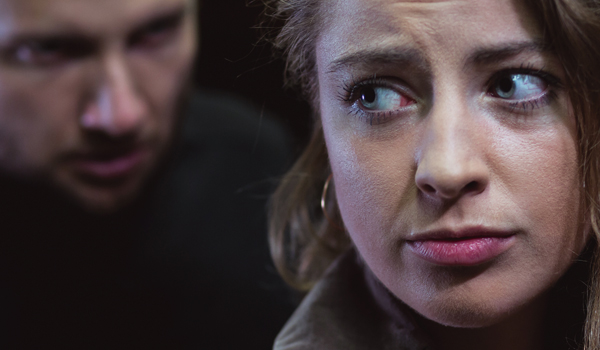Government seeks crackdown on criminals using e-scooters
The Government is searching for ways to stop electric scooters being used for crime.
A call for ideas that “enhance the ability of UK police to prevent e-scooters and e-bikes from being used to commit criminal acts” has been issued after a rise in reports of such incidents.
The Defence and Security Accelerator (DASA) – the part of the Ministry of Defence (MoD) tasked with finding and funding technology for the Armed Forces, police and security services – is carrying out the so-called “market exploration” on behalf of the Home Office, and described the subject as a “problem that has ministerial interest”.
The plea is particularly looking for ways the devices could be brought to a stop without putting the rider, police or the public at risk; how stationary e-scooters could be rendered “incapable of moving”; and suggestions for tracking down suspects electronically after an incident.
Police face “several challenges” when trying to stop e-scooters being used unlawfully, DASA said, adding: “E-bikes and e-scooters can reach excessive speeds and the rider may not be wearing protective equipment (eg, a helmet). The small wheels of e-scooters and high centre of gravity of the rider make the rider vulnerable to injury in the event of a loss of control.
“This has led to an operational need for police to be able to bring these vehicles to a controlled stop in a manner which does not pose a significant risk to the rider, the public or police officers. Therefore, there is a significant desire to augment or replace solutions to this problem.”
Earlier this year there were reports of a rise in the number of crimes being committed using e-scooters amid mounting calls for tougher regulation of the battery-powered devices.
Hundreds have already been seized this year by the Metropolitan Police, prompted by a rise in the use of private e-scooters, which are available to buy online and in shops but cannot legally be used in the UK except on private land.
Insurer NFU Mutual has warned gangs dubbed “rural wraiths” have been using e-scooters to sneak onto farms and steal GPS systems.
Dozens of legalised e-scooter rental schemes have been launched in cities across Britain – which allows them to be ridden on roads, cycle lanes and paths, but are banned on pavements.
However, there have been long-running safety concerns about the contraptions.
E-scooter rider Shakur Pinnock, 20, died in hospital in June, six days after he was involved in a crash with a car in Wolverhampton.
In July 2019, YouTube star and TV presenter Emily Hartridge died after she was struck by a lorry while riding one of the devices in Battersea, South London.
In April, a three-year-old boy suffered serious injuries when he was hit from behind by an e-scooter while walking on a pavement with his grandmother in Feltham, West London.
A three-year-old girl was left with “life-changing” injuries in July after being hit by a young man riding an e-scooter in South London, police said.
Meanwhile, a drunken e-scooter rider was stopped by police in August while using the motorway to get home after a night out in Birmingham.







